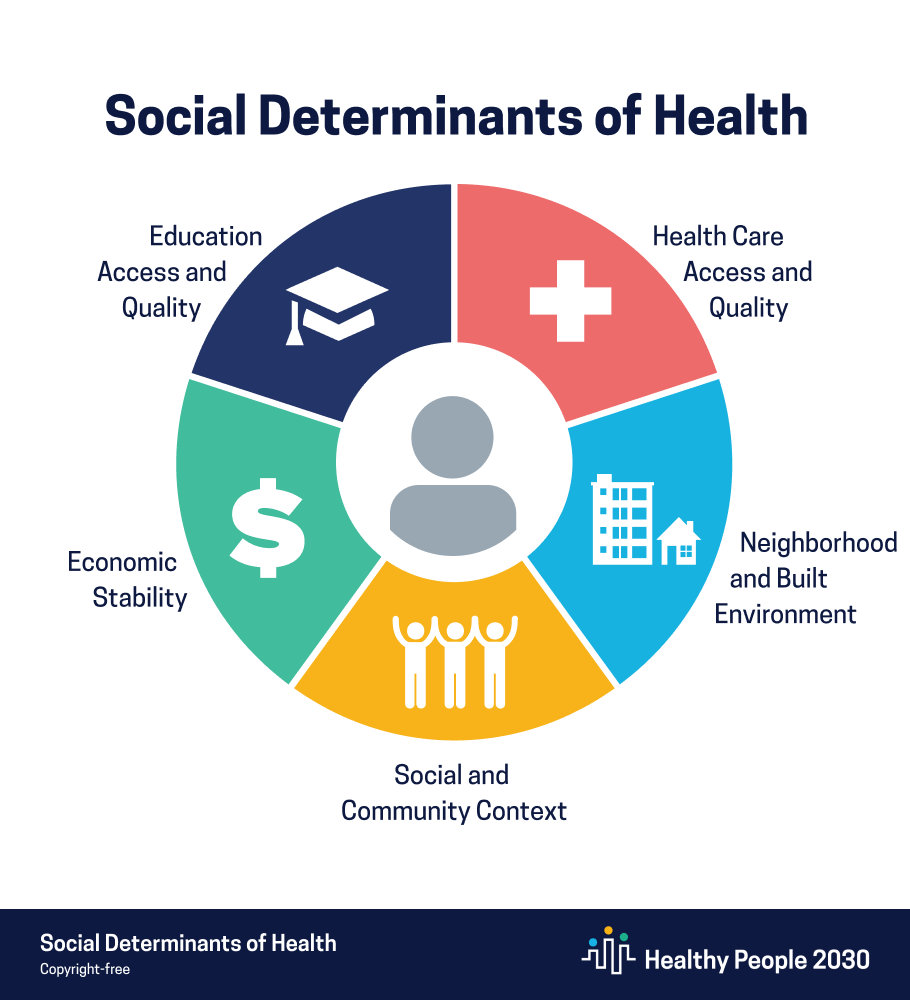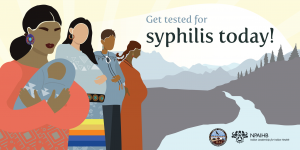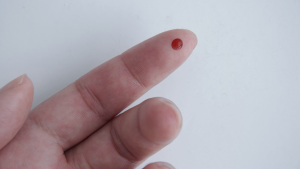
New Report Highlights Missed Opportunities for Congenital Syphilis Prevention
A new report from the Centers for Disease Control (CDC) shows that we’re missing opportunities to prevent congenital syphilis and save lives.

In recent years, syphilis cases have been increasing, and there has been a surge in cases among newborns. Syphilis is a sexually transmitted infection caused by the Treponema pallidum. It can be passed during vaginal, anal, or oral sex. It can also be passed from a mother to an infant during pregnancy or delivery. This is referred to as congenital syphilis.
There were 3,755 babies born with congenital syphilis in 2022 alone. This is over 10 times more babies than were born with syphilis in 2012. Public health experts have said that every case of congenital syphilis is a failure of STI screening and prenatal care. A new study looked more closely at cases to see what factors in a pregnant person’s life were most associated with congenital syphilis.
The study, by researchers at Washington University’s Institute for Public Health, looked at five years of medical records for mother/infant pairs in Missouri. Pairs were included in the analysis if the child had a positive RPR test (which looks for syphilis antibodies in the blood but often gives false positives) or other mention of syphilis in their medical charts.
Researchers initially identified 130 pairs. Further examination of their medical records led researchers to believe that 74 of the infants in these pairs were likely born with congenital syphilis and 56 were likely not. Among mothers of infants who had congenital syphilis:
When compared to mothers of infants who likely did not have congenital syphilis, the potential congenital syphilis group was more likely to:
Researchers found that inadequate prenatal care and housing instability were the best predictors of congenital syphilis outcomes. Of course, all of these factors are interrelated. Mothers with substance use, for example, are more likely to have inadequate prenatal care. Other factors that related to inadequate prenatal care were unemployment, lacking of insurance, and a history of transactional sex.
The findings in this study are not surprising. Social Determinants of Health (SDOH) theory tells us that the conditions under which people live affect a wide range of health outcomes and contribute to extensive health disparities and inequities in this country. However, the analysis was able to highlight missed opportunities to prevent congenital syphilis.
According to the authors, the finding show that our traditional healthcare delivery models are not providing the timely syphilis care that pregnant women need. They argue we need to “explore expansive and innovative approaches to engage pregnant people in care in all possible venues.” They go on to say that the high rates of substance use, housing instability, and interactions with the justice system found in the study should be seen as opportunities. Public health organizations can collaborate with treatment facilities, shelters, housing organizations, and the justice system to provide routine syphilis testing and link pregnant people with care.

Syphilis during pregnancy is a serious issue. It can cause miscarriage, stillbirth, and even infant death. Babies born with syphilis can face lifelong medical issues. The CDC believes that 9 in 10 cases of congenital syphilis might have been prevented with timely testing and treatment. This study offers important suggestions for casting a wider net of syphilis screening.

A new report from the Centers for Disease Control (CDC) shows that we’re missing opportunities to prevent congenital syphilis and save lives.

Many people who take doxy PEP say it gives them peace of mind in their relationships and sex life. We sat down with Oscar Alexis, Efthimios, and Maxfield Haynes to talk about doxy PEP and get their perspective.

A new study found that opt-out screenings for all patients in emergency departments caught numerous cases of syphilis and HIV that would have gone undetected under other screening protocols.

Two studies published in this month’s JAMA Internal Medicine offer encouraging findings about the use of Doxy PEP.

According to the Great Plains Tribal Epidemiology Center, syphilis rates among Native Americans in Iowa, Nebraska, North Dakota, and South rose 1,865% from 2020 to 2022.

The FDA recently approved an at-home test for syphilis that can provide initial results in just 15-minutes. Syphilis has been surging in recent years with the number of cases rising 80% between 2018 and 2022 alone.

Doxy PEP involves taking an oral antibiotic after condomless sex to prevent bacterial STIs. Research has shown that this can reduce the possibility of contracting chlamydia by 88%, syphilis by 87%, and gonorrhea by 55%.

The American College of Obstetricians and Gynecologists released new guidelines recommending that all pregnant people be screened for syphilis three times during pregnancy.
ASHA believes that all people have the right to the information and services that will help them to have optimum sexual health. We envision a time when stigma is no longer associated with sexual health and our nation is united in its belief that sexuality is a normal, healthy, and positive aspect of human life.
ABOUT
GET INVOLVED
ASHA WEBSITES
GET HELP
© 2025 American Sexual Health Association